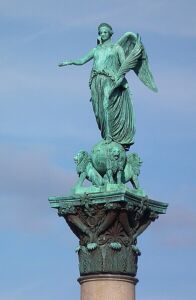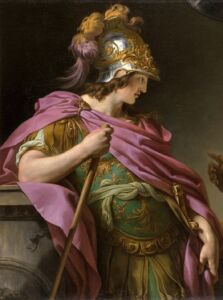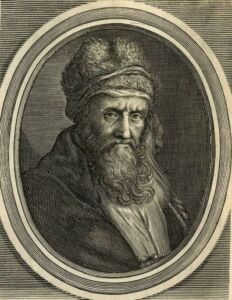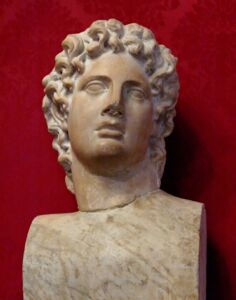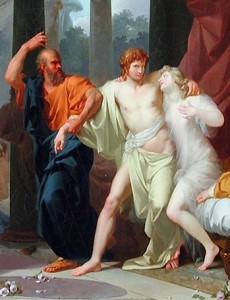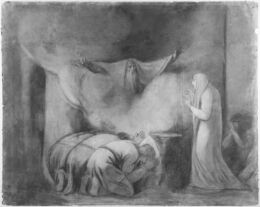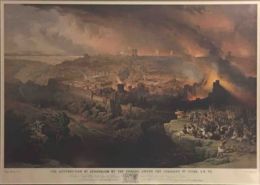
Plato’s cosmology as depicted by Calcidius in his commentary to his fourth-century Latin translation of the Timaeus.
2,882 words
I am embarrassed by the world. I cannot believe that a watch exists and has no watchmaker. — Voltaire
Which of the patterns had the artificer in mind when he made the world? — Plato
Given the world we have created, or rather a world which has been created for us, whoever “we” are could do a lot worse than take advice from the Classical world. For the vast majority of us, our world is one we never made, and those who did are becoming intentionally isolated, remote from those whose lives they control, living as they do in a dry and ideological gated community. (more…)



